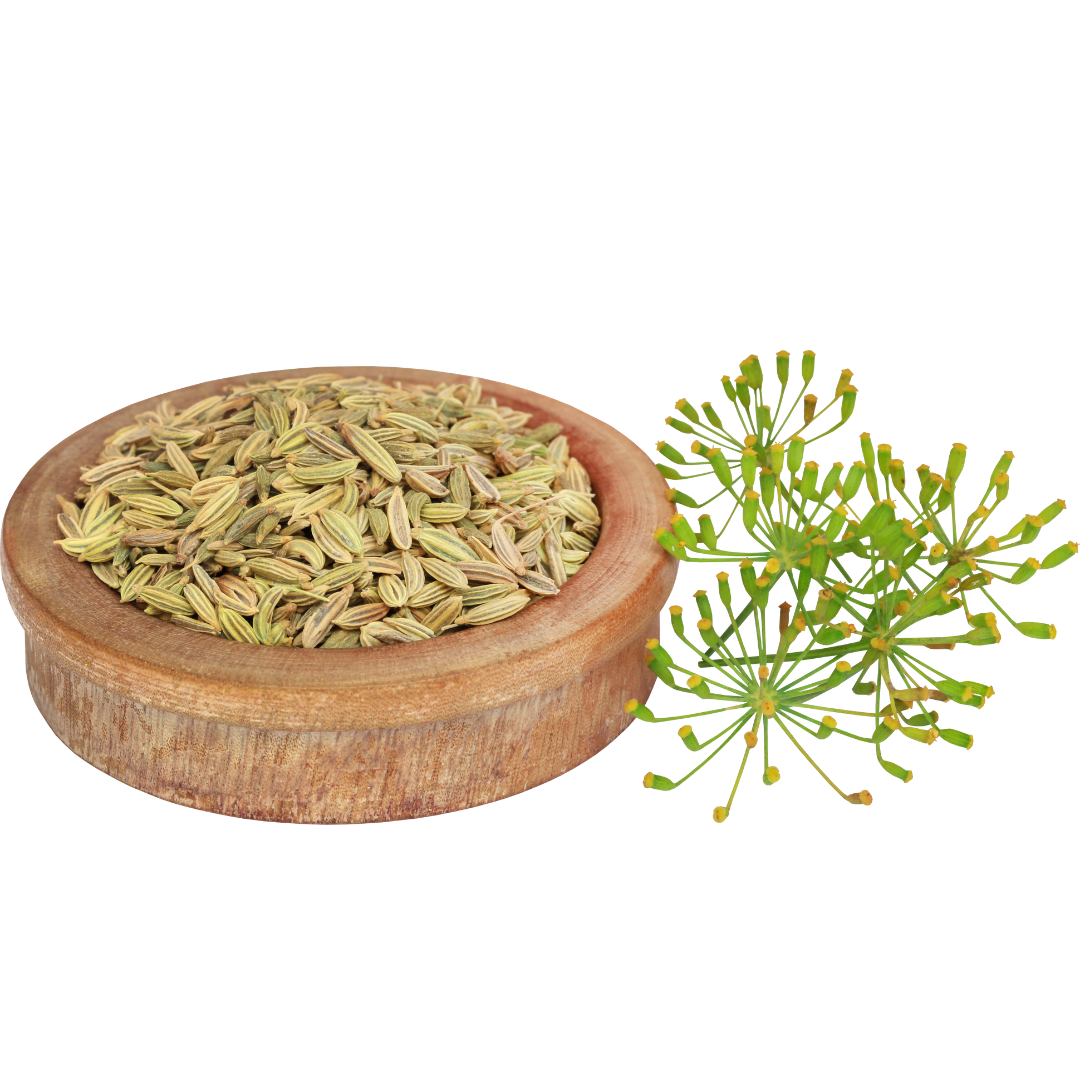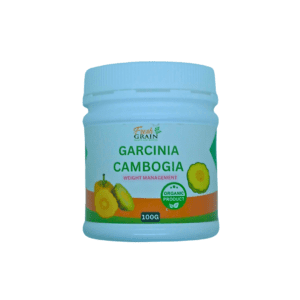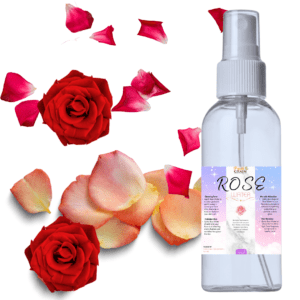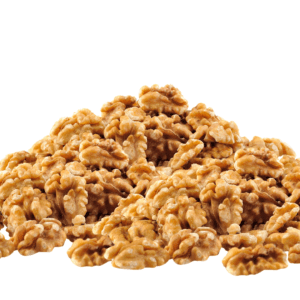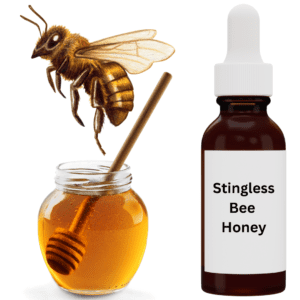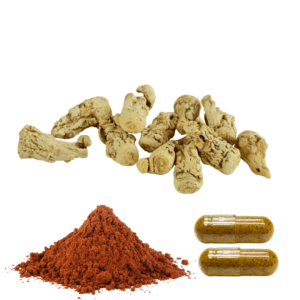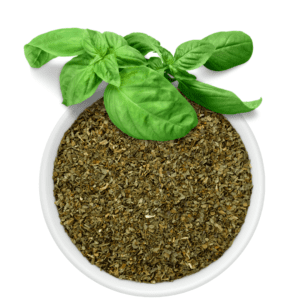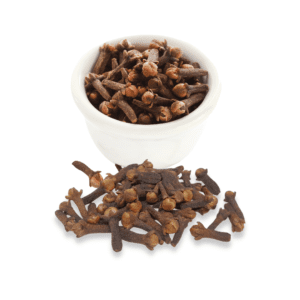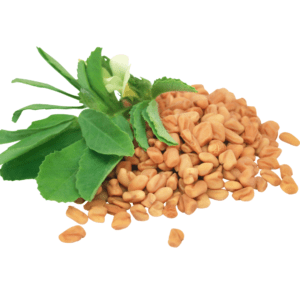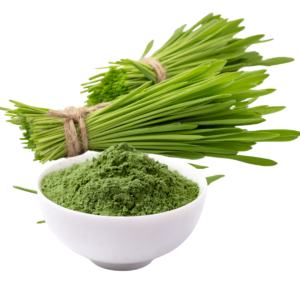Fennel Seeds:
Description: Fennel seeds come from the aromatic flowering plant Foeniculum vulgare, which is native to the Mediterranean region but is now cultivated worldwide. These seeds have a distinct anise-like flavor and are widely used in culinary applications and traditional medicine.
Nutritional Breakdown: Fennel seeds are nutrient-dense and contain a variety of essential nutrients:
- Fiber:
- Fennel seeds are rich in dietary fiber, which supports digestive health and helps regulate bowel movements.
- Vitamins:
- Fennel seeds contain vitamins such as vitamin C, which is an antioxidant that supports the immune system.
- Minerals:
- Minerals found in fennel seeds include calcium, iron, magnesium, and potassium.
- Phytonutrients:
- Fennel seeds contain phytonutrients like flavonoids and polyphenols, which have antioxidant properties.
Benefits:
- Digestive Health:
- Fennel seeds are well-known for their digestive benefits. They may help relieve indigestion, bloating, and gas due to their carminative properties.
- Antioxidant Properties:
- The phytonutrients in fennel seeds, such as flavonoids, contribute to their antioxidant properties, helping to neutralize free radicals in the body.
- Anti-Inflammatory Effects:
- Fennel seeds may have anti-inflammatory effects, which can be beneficial for conditions related to inflammation.
- Supports Heart Health:
- The potassium content in fennel seeds may contribute to heart health by helping regulate blood pressure.
- Relieves Menstrual Symptoms:
- Fennel seeds are traditionally used to alleviate menstrual symptoms like cramps and discomfort.
- Galactagogue Properties:
- Fennel seeds are considered galactagogues, substances that may help stimulate and increase breast milk production.
How to Use:
- Chewing:
- Chew fennel seeds after meals to aid digestion and freshen breath.
- Tea:
- Prepare fennel seed tea by steeping crushed fennel seeds in hot water. This can be consumed as a soothing beverage.
- Cooking:
- Add whole or crushed fennel seeds to various dishes, such as soups, stews, curries, and salads, to enhance flavor.
- Baking:
- Incorporate crushed fennel seeds into baked goods like bread, biscuits, or cookies for a unique and aromatic flavor.
- Spice Blends:
- Include fennel seeds in spice blends for seasoning meats, fish, or vegetables.
- Infusions:
- Create infused oils or vinegar by combining fennel seeds with olive oil or vinegar for added flavor.
Caution:
- Allergies:
- Individuals with allergies to carrots, celery, or mugwort may be more likely to have an allergy to fennel.
- Pregnancy:
- Pregnant women should consult with a healthcare professional before consuming fennel seeds in large amounts.
Fennel seeds offer a flavorful addition to various culinary creations and have been valued for their potential health benefits for centuries. When used in moderation, fennel seeds can be a delightful and health-promoting addition to your diet. If you have specific health concerns or conditions, it’s advisable to consult with a healthcare professional.

